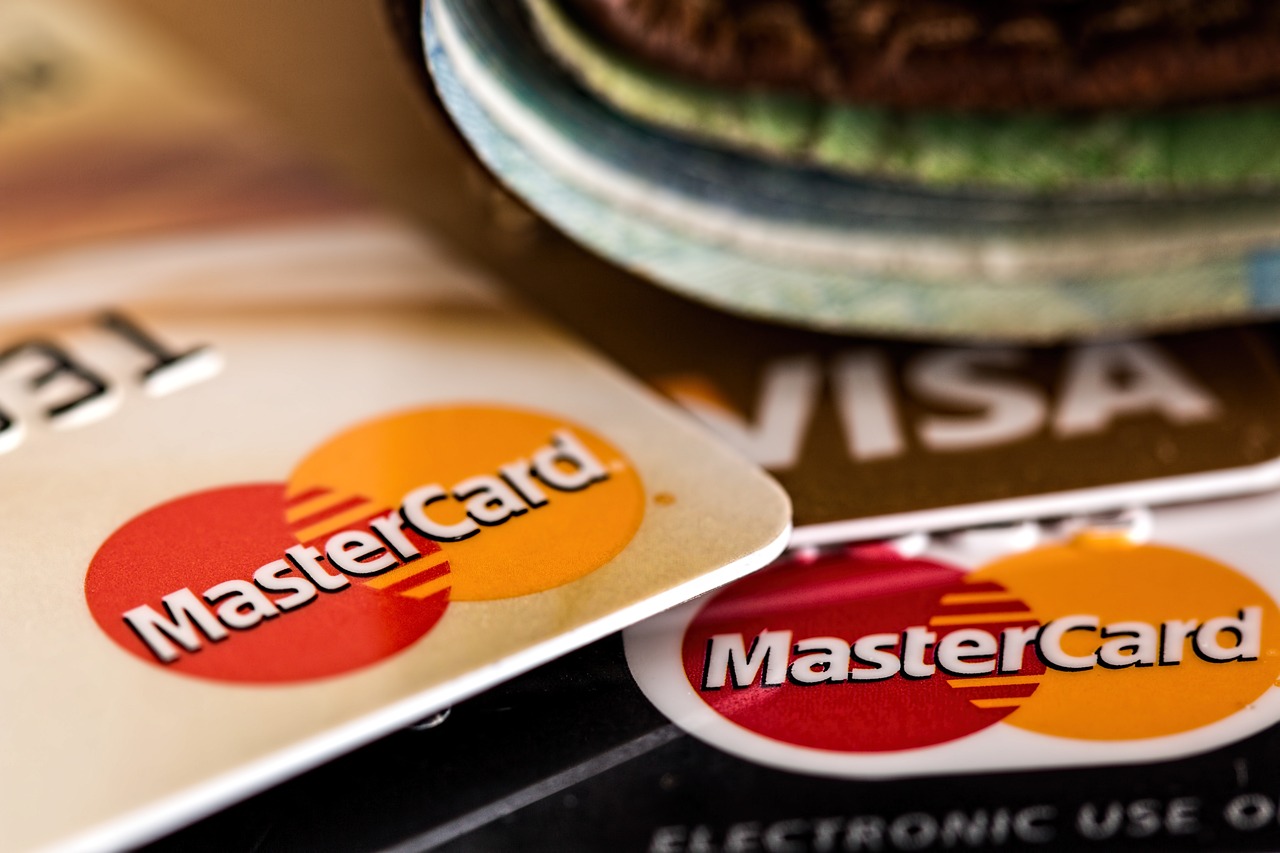Table of Contents
Credit cards are useful tools for money when used wisely. Learning how to use them effectively can enable you to achieve their benefits without suffering from usual drawbacks. Below is a brief guide to responsible credit card usage.
Understanding Credit Card Basics
Credit cards are borrowing that enables you to acquire goods and services and pay later. They have a credit limit, which is the highest amount you can borrow. You get a statement each month outlining transactions and the minimum payment due. Paying the balance on time in full prevents interest charges, whereas having a balance will have interest charged, usually at a high rate. Various cards have different benefits, including cash back, travel rewards, or low interest rates, so it is important to select the proper card suited for your spending patterns and financial objectives.
Importance of Paying On Time
Making payments on time is perhaps the most important part of using credit cards responsibly. Late payments may lead to high charges, higher interest rates, and a bad credit score. To schedule automatic payments or reminders can assure you&8217;ll never be late on a payment. Paying each month on time is an important factor in your credit report, so paying on time each month builds a good credit history, which can lead to better loan terms, reduced interest rates, and even employment opportunities. Finally, timely payment maintains you in good standing with your credit card company and improves your overall financial health.
Managing Your Credit Limit
Keeping your credit utilization low is key to maintaining a healthy credit score. Credit utilization refers to the percentage of your credit limit that you’re using at any given time. Experts recommend keeping this ratio below 30%, meaning if you have a $10,000 credit limit, you should aim to use no more than $3,000 of it. High credit utilization can signal to lenders that you’re over-reliant on credit and may struggle to repay debts. To manage your credit limit effectively, monitor your spending, make multiple payments throughout the month if necessary, and request credit limit increases cautiously, ensuring it aligns with your ability to manage credit responsibly.
Understanding and Avoiding Interest
Interest charges on unpaid credit card balances can quickly escalate your debt. Understanding how interest is calculated on your card can help you avoid paying more than you need to. Most credit cards calculate interest daily, based on your average daily balance. Therefore, carrying a balance from month to month means you’re being charged interest on top of previous interest, leading to a debt spiral. To avoid interest charges, strive to pay off your balance in full each month. If that’s not possible, try to pay more than the minimum payment to reduce your balance faster and minimize interest accumulation.
Leveraging Rewards and Benefits
Most credit cards provide rewards and benefits that can add positively to your finances if utilized correctly. Rewards could range from cash back on expenditures, travel points, or store discounts at specific stores. To gain the most from these rewards, select a card that provides rewards corresponding to your buying patterns. For example, if you travel a lot, a travel reward card can help you save on flights and accommodation. Do keep in mind, though, that cards with rewards also mean higher interest rates, so it&8217;s important to settle your balance in full in order to maximize these rewards without paying more.
Monitoring Your Credit Card Spending

Keeping a close watch on your credit card spending is vital for financial health. Regularly review your statements to ensure all charges are accurate and to understand your spending patterns. Many credit card issuers offer online tools and mobile apps to help you track your expenses in real-time. Setting a budget and sticking to it can prevent overspending and help you live within your means. By monitoring your spending, you can identify areas where you can cut back and reallocate funds towards savings or paying down debt, leading to better overall financial management.
Building and Maintaining Good Credit
Good credit is essential for financial security and access to more favorable financial products and services. One of the most effective methods of establishing and sustaining good credit is to use your credit card responsibly. This is a matter of making payments on time, maintaining low credit utilization, and refraining from requesting too many new credit accounts within a brief period of time. Monitoring your credit report routinely will help you keep abreast of your credit record and catch any mistakes or improper use of your credit early on. Establishing a good credit history takes time and steady work, but it rewards you in the way of lower interest rates, improved loan terms, and greater borrowing capacity.
Dealing with Credit Card Debt
If you have credit card debt, it is important to take charge of reducing and paying it off. Begin by making a payment plan and focusing first on high-rate debts. Look into paying off your balances with a consolidation loan or balance transfer to a lower-interest card, taking care to note balance transfer charges. You may also want to look at debt management plans or seek the services of a financial advisor to obtain customized solutions. Steer clear of further debt, eliminating unessential spending, and paying off your balances will step by step see you get back in control of your finances and improve your financial position.
By learning and following these responsible credit card techniques, you can master credit card usage, stay out of debt, and create a healthy financial future. Keep in mind, the secret to success with credit cards is discipline, awareness, and active financial management.
